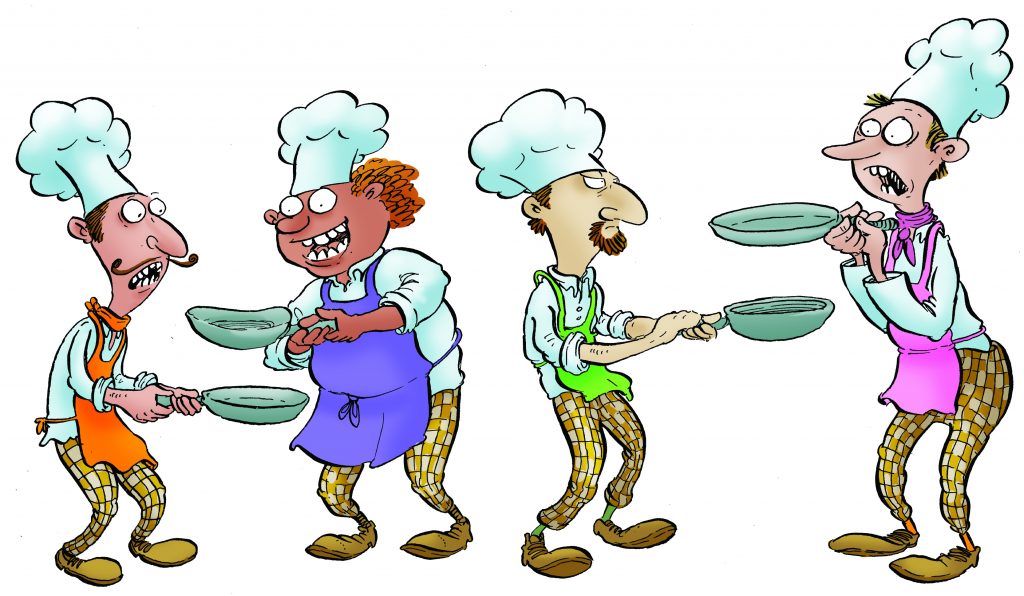
- Learn the skills of teaching and receive recognition – from a professional teacher training institution.
- We will provide you with ideas for six activities – and you will design your own sessions to teach a younger student some key ideas from the National Curriculum
- The activities will help you and your siblings to better appreciate how research and knowledge work. So you’ll start with a science activity to notice how science asks and investigates questions – and also the power and limitations of the methods it uses.
Session 1: Scientific Enquiry
The Importance of Observing in Science
In science, observing is not just ‘looking around’. It’s looking with purpose. We are using our senses (usually our sense of sight) to ‘observe’ the world around us in order to come with ideas about how the world works – and then test them.
In science, we don’t just want a couple of observations – we want lots of observations – because the more we have, the more confident we can be that our idea is thoroughly tested. And in science, we try to make our observations systematically. That means we use strategies like changing one thing at a time when we run an investigation. We might study an object of interest at regular intervals or from several different angles. We also ask other people to observe too – because if more people observe what we observed, that also helps us to feel more confident about our conclusion.
Now a moment ago, I said that science ask questions about the “world around us”. That needs to be a bit more carefully defined. There are lots of things happening around us that are not particularly suited to the kinds of investigations we do in science. It’s not the first job of science to tell you how to run your birthday party nor how much a country should spend on its navy or even whether or not pancakes are better when they’re thin. But science can often help us to address lots of different kinds of questions – by giving us an insight into how nature works.
Science asks and investigates questions about the natural world – so the world of natural objects and events.
For example it is the job of science to explain why it gets dark later in the day in the summer, why diseases spread faster when people are living very close together, why boats float or sink, and what makes a pancake hold together when you toss it in the air (or not!).

All of these questions are questions we can investigate by gathering observations.
